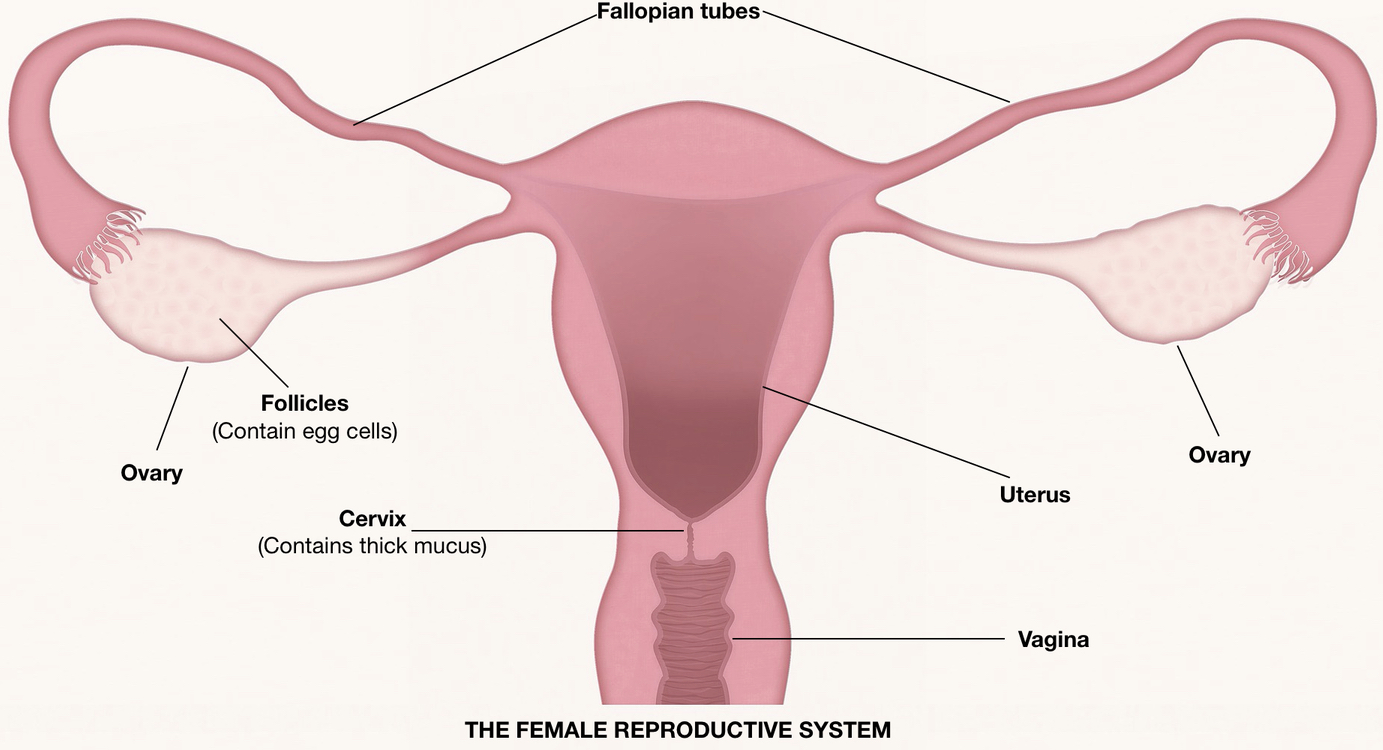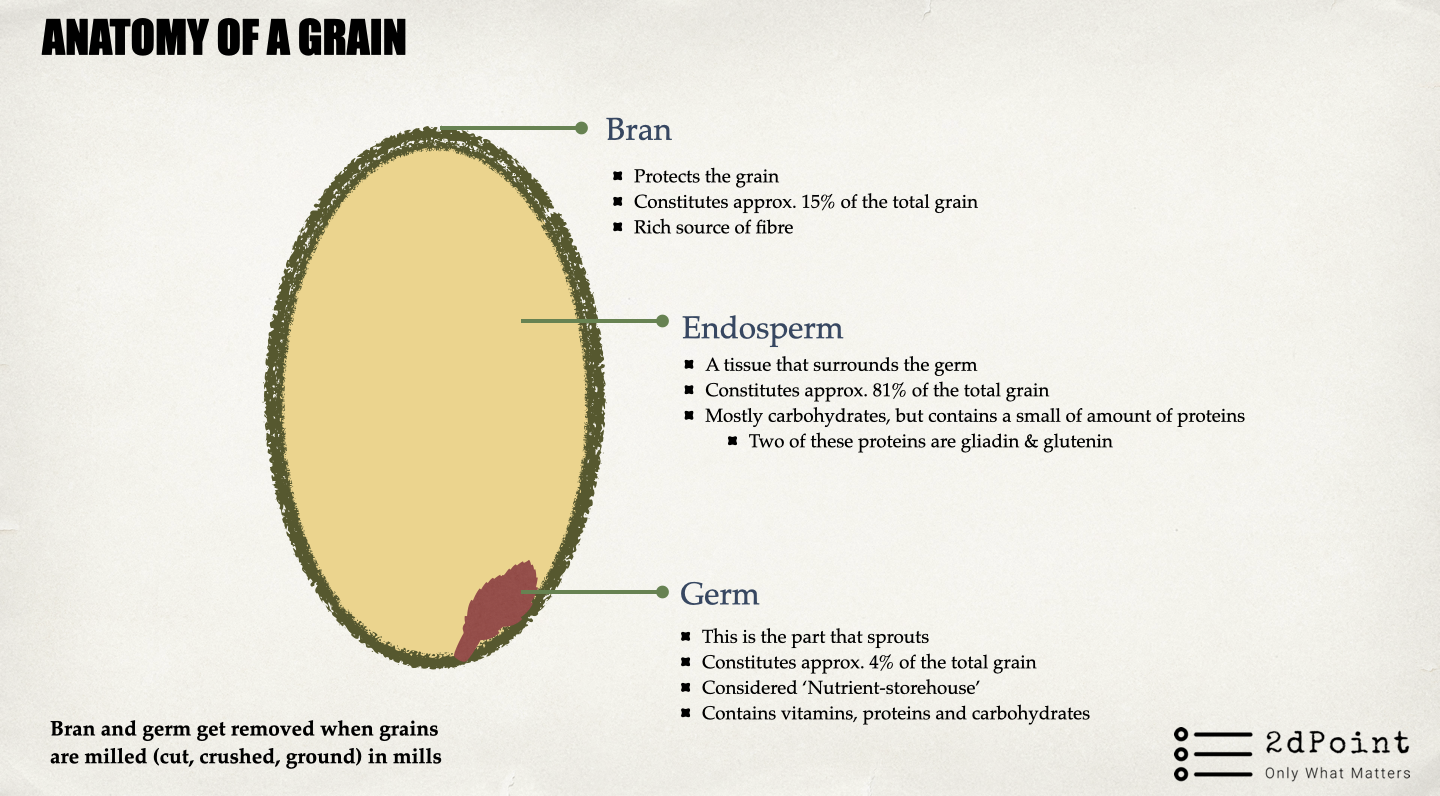Reading Time: < 1 minutes
- Motion sickness is the term used to explain nausea some people feel when their bodies are in motion.
- The motion could mean travel (by road, water, air) or rides in an amusement park.
- Motion sickness is caused by the contradictory information our senses provide to our brain.
- When travelling, our eyes and ears sense movement, while the leg muscles and joints sense stillness.
- The inner ear plays a vital role in this as its primary function is to tell the brain whether we are standing or lying down and what is our spatial orientation.
- The brain, unable to process these confusing signals, assumes something toxic is trying to take over the body.
- And it gets ready to eject the offending contents, causing nausea.
- While this is the only explanation science offers, many experts believe this theory is not entirely convincing for several reasons.
- For one, if it were because of confusing sensory signals, all of us should suffer.
- However, only about 30% of us face motion sickness some time in life — it is more prevalent in women and children.
- Secondly, the cures (mint, ginger, water, fresh air, etc.) don’t seem to have any connection with confusing signals.
- Some explanation has been provided for why women are more prone than men, but this explanation is not fully supported by scientific evidence.
- The explanation goes like this: on average, the weight in a woman’s body is distributed differently than in the case of a man.
- This means that women tend to sway slower but farther during motion, and men tend to sway faster but in a smaller area.
- Hormonal changes in women’s bodies (because of menstrual cycles) may also play a role.
- People above their mid-50s tend to grow over motion sickness, and this may be because, beyond this age, the inner-ear function reduces significantly.
Image courtesy of Taras Makarenko through Pexels
Reference shelf :






















